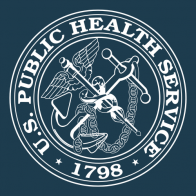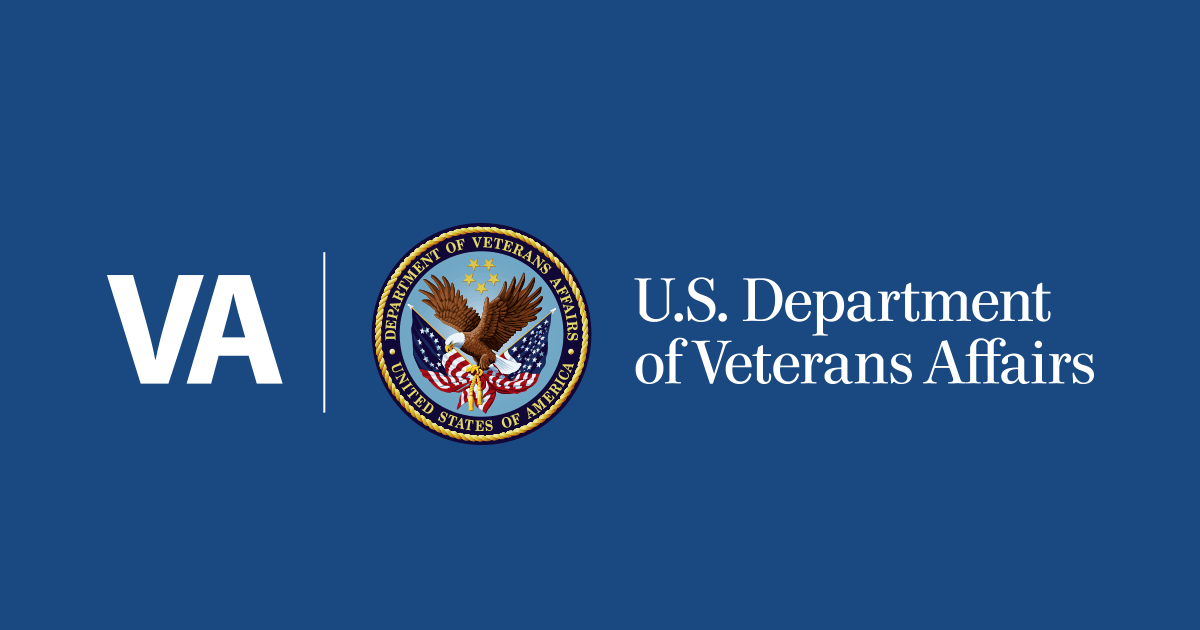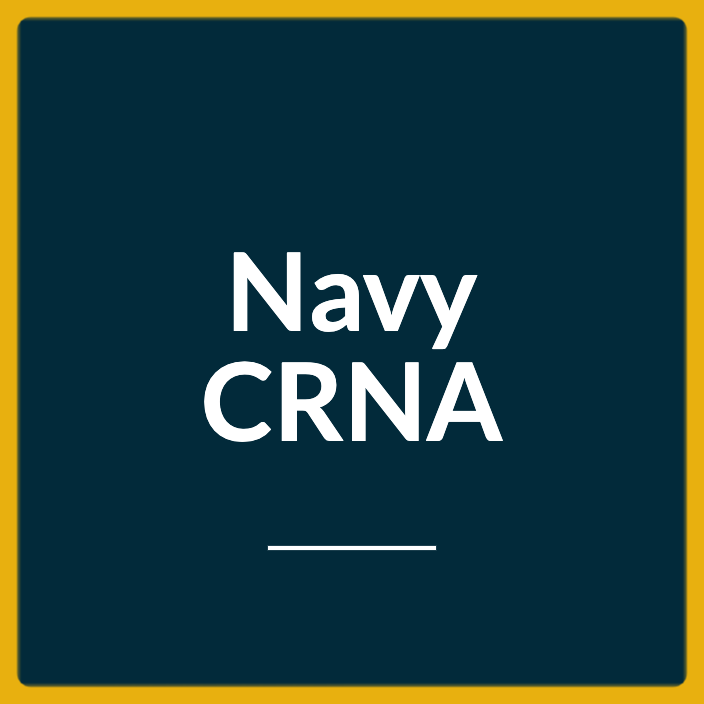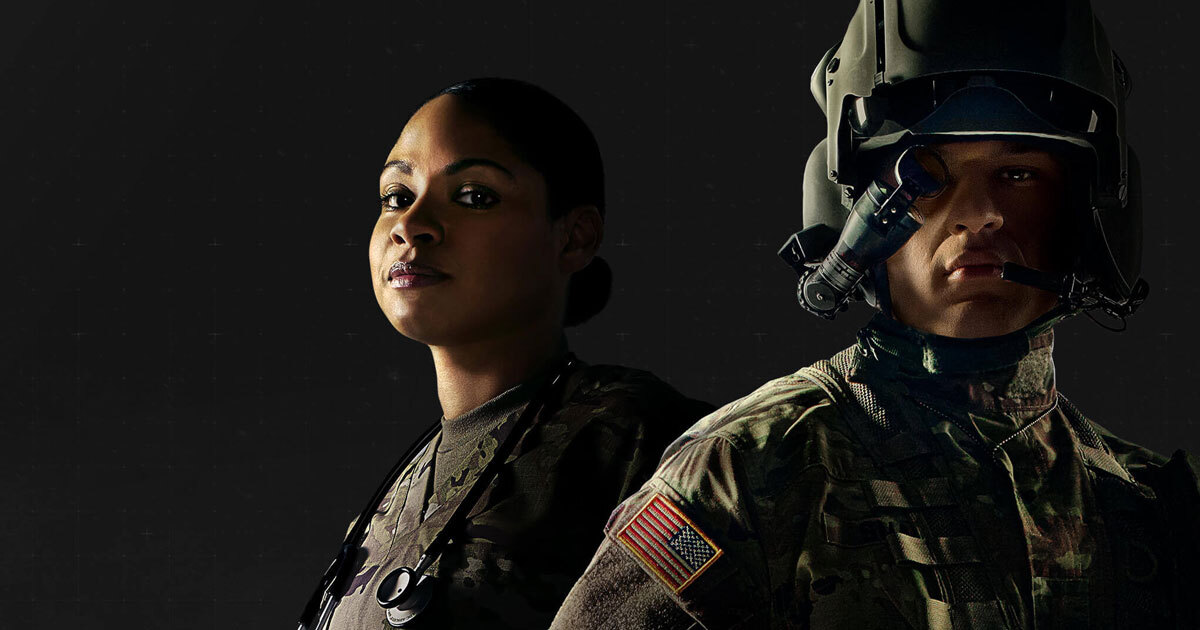As you do your basic research, you will see several distinctions.
Serving veterans - those are people who have served in the armed services and are now separated or retired from military service. They don’t deploy, etc. Their healthcare is under the purview of the
Department of Veterans Affairs, commonly called the VA. Their system of hospitals, clinics, healthcare programs, etc., is different than the military. Federal civilian employees are their workforce. There are many good benefits to federal service, including educational, and many of your questions above do not relate to this sphere at all.
Here is a good place to start. You can find similar pages for your geographic area.
Build your career with us at the VA Washington DC Healthcare System, where you’ll become part of the nation’s largest health care team, earn great benefits, and enjoy a balanced lifestyle. Working with us is more than a career. It’s a way to show your passion for serving Veterans. We want to...

www.va.gov
Another uniformed service opportunity, the
Public Health Service. Both federal civilian healthcare providers and a small corps of commissioned officers serve in the USPHS. The uniformed officers are a uniformed service (there are 8, and 6 are armed services) but not an armed service. Again, good benefits aligned with the armed services.
Find a career with the Commissioned Corps of the U.S. Public Health Service.

www.usphs.gov
Armed services nursing in the Army, Navy and Air Force, DoD services is commissioned service as an active duty officer. You can discuss your specific questions with an officer recruiter. Bottom line - every military person should be mentally prepared to go in harm’s way as part of the oath of service taken. Yes, there are many who never see anything of a combat zone, and there are career paths that make it extremely unlikely, but there are no guarantees. Great benefits to an active duty career, but the needs of your service will always be foremost over an individual’s preference.
Speaking with the correct recruiter for your interest area will be key. The recruiting websites for military nursing may have a number or a contact form. These are officer program recruiters, not the fine military recruiters you see in shopping center offices. They are focused on enlisted personnel.
Major military hospitals may also have federal civilian healthcare staff, as well as contract staff.
And
@Devil Doc is a retired Navy corpsman with decades of healthcare experience. Senior enlisted leaders in all military services are salt-of-the-earth plain speakers whose direct counsel to leadership is invaluable. Unfortunately, anonymous internet discussion forums do not convey eye contact, vocal tone or body language, so leaving room for that lack is helpful to assuming positive intent. On most Navy ships except the big aircraft carriers, corpsmen are the only medical resource in the middle of thousands of miles of blue water. The Marines don’t have their own medical personnel, so rely on Navy corpsmen to be right with them in the thick of the fight.
Navy corpsmen are routinely called “Doc” out of respect. I just realized, as a Navy vet, I don’t know if Army and Air Force enlisted medical personnel are similarly nicknamed.
And for some interesting historical background on how Navy corpsmen are integrated with the Marine Corps:
Enlisted medical personnel are highly respected and valued by all services, and form a complimentary team with officer leadership.
And welcome new member of a few hours!




